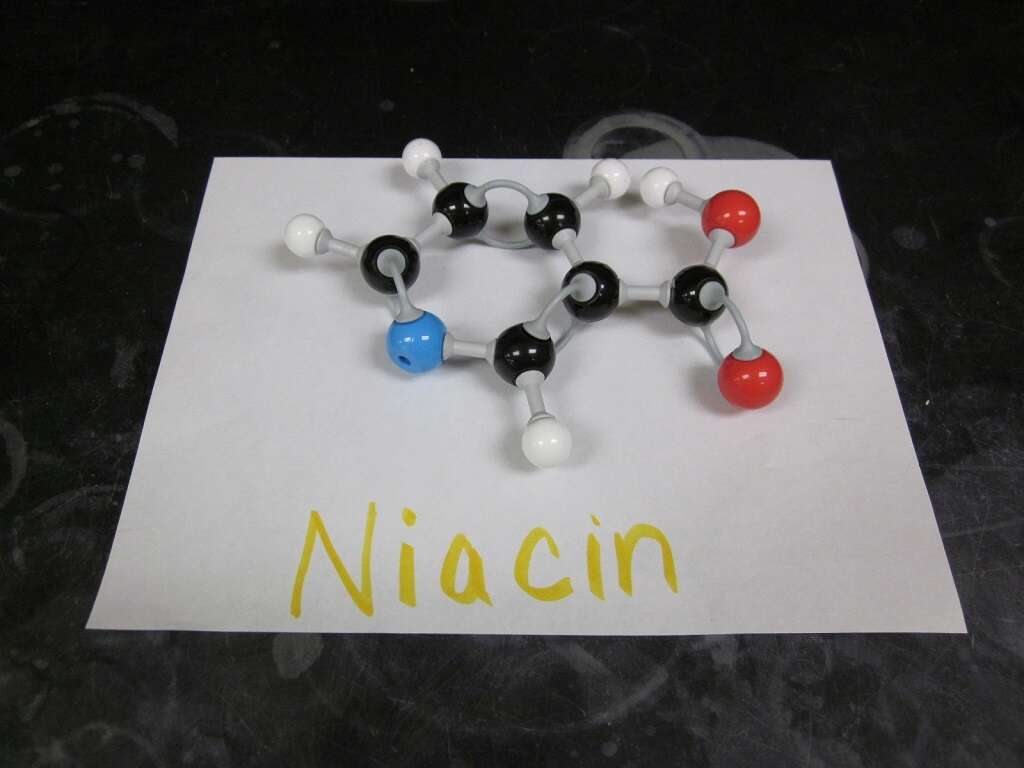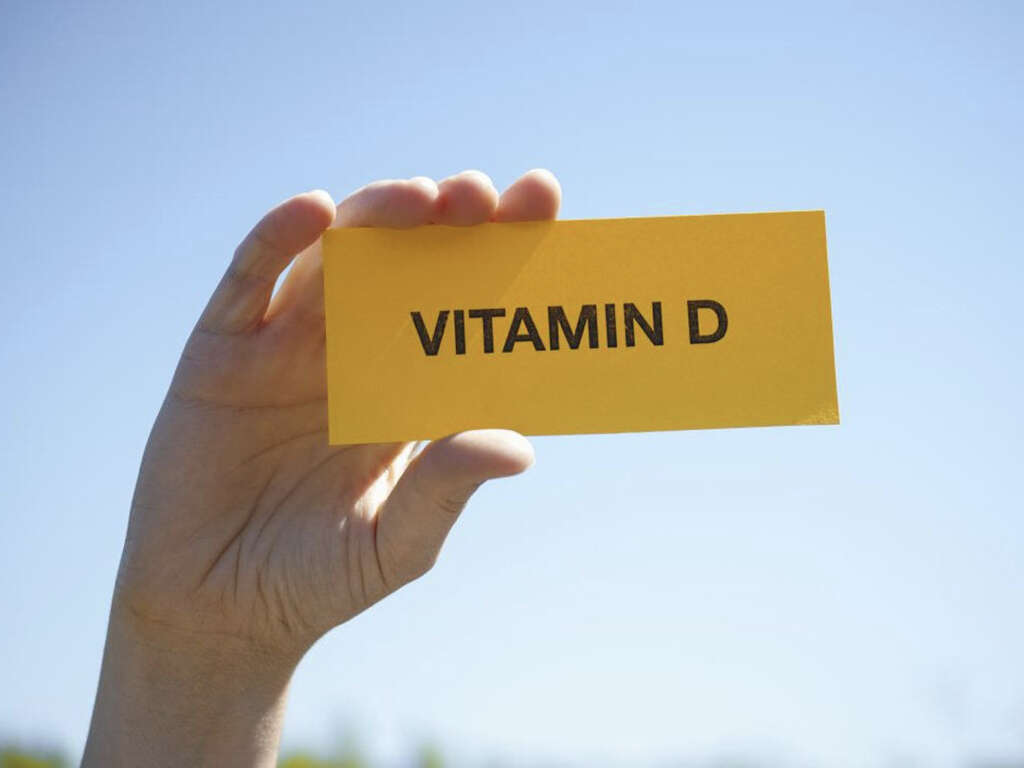10 Vitamin A Deficiency Symptoms
Vitamin A, also called retinol, is essential for the formation and maintenance of bones, teeth, skin, soft tissues, and mucus membranes. Its other roles include maintaining healthy vision and preventing illness. It is crucial for effective immune system function.
This fat-soluble vitamin is found in abundance in many types of food including animal and plant sources. The richest sources of vitamin A include beef liver, lamb liver, cod liver oil, and fish such as mackerel and salmon. The recommended daily allowance of vitamin A ranges between 300 micrograms for young children to 900 micrograms for adult males. Plant sources of vitamin A include sweet potato, squash, kale, carrots, and sweet red pepper.
Vitamin A deficiency is rare. However, it does occur in some people. For this reason, it is important to know how its deficiency presents. Below are 10 vitamin A deficiency symptoms that you need to be aware of.
Symptom #1: Frequent Respiratory Tract Infections
One of the symptoms of vitamin A deficiency is respiratory tract infections. This happens because vitamin A is essential for the proper functioning of the immune system. Deficiency, therefore, compromises immunity. If you experience frequent chest and throat infections, chances are that you have vitamin A deficiency.
Symptom #2: Dry Skin
Dry skin may also be a symptom of vitamin A deficiency. Vitamin A helps to create and repair skin cells. It also helps to fight oxidation and inflammation.
The absence of sufficient amounts of vitamin A in the body can lead to the development of various skin problems including eczema. Eczema causes skin inflammation, dryness, and itchiness.

Symptom #3: Night Blindness
Lack of a proper diet can lead to many health problems including vision issues. For example, low intake of vitamin A can cause night blindness. This involves reduced ability to see clearly in dark areas or areas with low light.
Vitamin A is crucial because it supports the production of rhodopsin, the pigment found in the eyes’ retina that is necessary for good vision, especially at night.
Symptom #4: Acne
Acne breakouts can also be a symptom of vitamin A deficiency. The reason is that vitamin A has anti-inflammatory properties that help prevent inflammation of the skin and other parts of the body.
Vitamin A also helps to promote skin development. It may, therefore, also help treat or prevent acne. There are studies that link vitamin A deficiency to the presence of acne.

Symptom #5: Dry Eyes
Patients suffering from vitamin A deficiency may experience eye dryness as one of the first symptoms to appear. This is a non-specific symptom but it is fairly common among patients with this condition.
It is important to seek medical attention to prevent further complications.
Symptom #6: Dry Hair
Vitamin A is important for the proper functioning of many tissues in the body. Patients suffering from Vitamin A deficiency may experience dry and brittle hair as one of the early symptoms related to this condition.
It is important to seek medical attention to rule out other diseases that may cause this symptom to appear as well.

Symptom #7: Infertility
Vitamin A also has a role in reproduction. It works the same way it works to support growth, especially in unborn babies and children.
Infertility in patients suffering from vitamin A deficiency is due to problems involving spermatogenesis, which is the process of making spermatozoa.
Symptom #8: Miscarriage
Vitamin A is important for fetal growth, visual health, and immune function. Pregnant women are susceptible to vitamin A deficiency.
This susceptibility is highest during the third trimester of pregnancy due to the accelerated fetal development, and increased blood volume prior to birth. This can lead to miscarriage.

Symptom #9: Thick Skin
Thick or dry skin is another common symptom of vitamin A deficiency. Vitamin A is essential for healthy skin. Since the 1980s, it has been known that vitamin A is essential for skin health. In fact, synthetic retinoids, or forms or vitamin A, have been used to treat psoriasis and severe acne. These studies have shown that vitamin A is effective in the treatment of many types of skin problems.
Low vitamin A in the body can lead to the thickening of skin. If you experience this condition, ensure that you maintain a healthy, balanced diet that includes foods containing vitamin A. You may also consult a doctor for assistance
Symptom #10: Itchiness
Patients suffering from Vitamin A deficiency may experience pruritus, which is the medical term used to described itchiness. This a non-specific symptom related to many conditions, therefore, it should always be evaluated by a physician for proper diagnosis.
The itchiness can be localized to specific areas of the body, but sometimes it can be all over the body.











